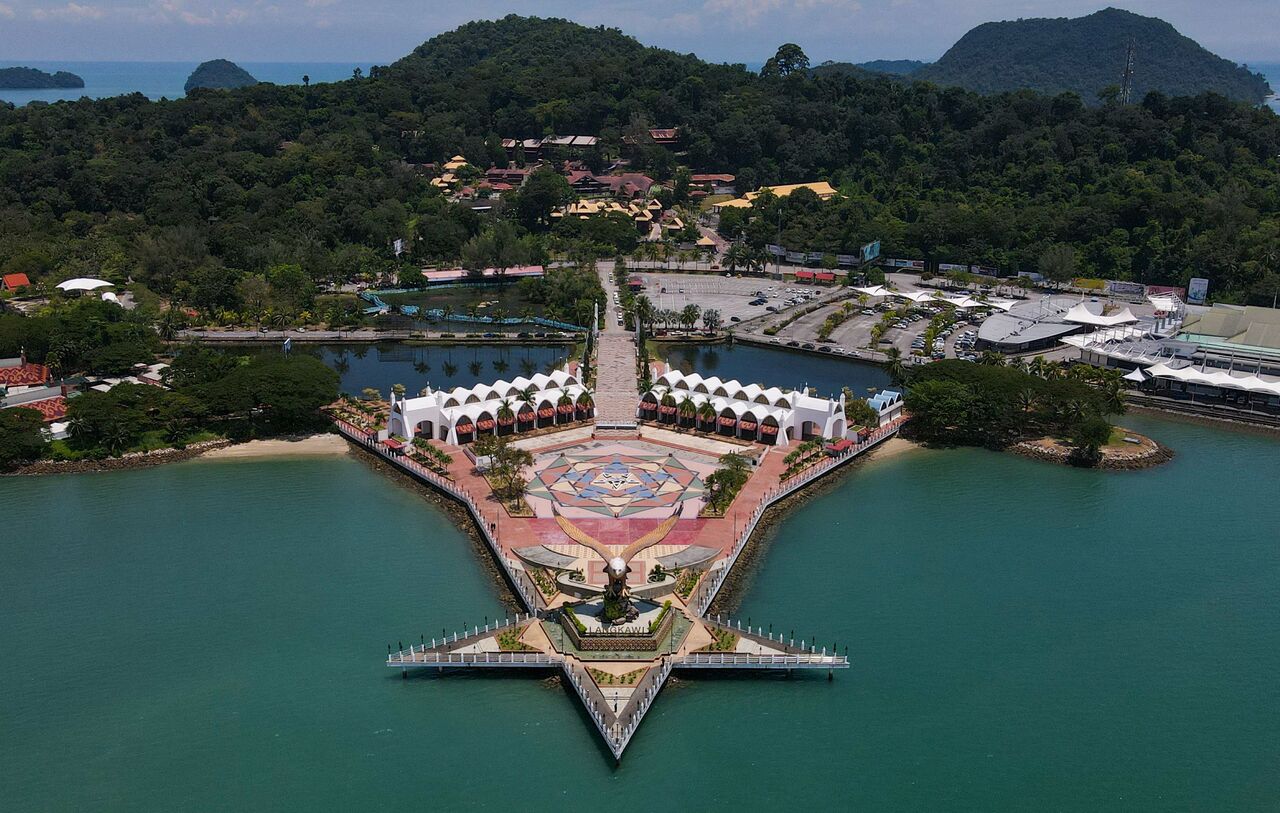Malaysia to open Langkawi to foreign tourists from Nov 15
Sign up now: Get insights on the biggest stories in Malaysia

Fully vaccinated foreign travellers will be allowed to visit Langkawi for a minimum of three days.
PHOTO: AFP
KUALA LUMPUR - Malaysia will allow foreign tourists to visit the island of Langkawi from mid-November in a pilot project, as the country readies to reopen its international tourism sector.
Prime Minister Ismail Sabri Yaakob said on Friday (Oct 22) that fully vaccinated foreign travellers will be allowed to visit the island off the state of Kedah for a minimum of three days - with no quarantine restrictions.
They will need to undergo Covid-19 tests 72 hours before departure and on the second day of arrival in Langkawi. They must also have minimum insurance of US$80,000 (S$107,616).
The pilot project will run for three months from Nov 15 and is open to travellers from countries approved by the Foreign Ministry, Health Ministry and the Immigration Department, Datuk Seri Ismail said without naming the countries.
It was declared a success and inter-state travel restrictions were lifted on Oct 11, kicking the domestic tourism sector back to life.
Mr Ismail also announced further easing of Covid-19 restrictions - with foreign workers now being allowed to enter Malaysia to work in the agriculture sector.
Meanwhile, Johor and Terengganu will be shifting to phase four in the country's four-stage National Recovery Plan.
All Malaysian states are currently either in phase three or phase four - both of which allow for most economic activities to resume.
The country will also start offering differentiation benefits for vaccinated adolescents next month, as 80 per cent of its adolescent population have received at least one dose of vaccine and are set to receive the second dose over the next month.
Malaysia is transitioning to an endemic phase of living with Covid-19, and has allowed the economy to reopen while largely focusing on extending its vaccination coverage- including offering booster shots to high-risk groups, and administering heterologous booster shots to those who have received the Sinovac vaccine.
Malaysia uses three vaccines in its immunisation program - Sinovac, Pfizer-BioNTech and AstraZeneca.
Professor Awang Bulgiba Awang Mahmud, chairman of the Covid-19 Epidemiological Analysis and Strategies Task Force, told The Straits Times that the next couple of months would be crucial to see if Malaysia's reopening would result in a rise in infections.
Prof Awang Bulgiba said that the experience of Britain, which has lifted all restrictions since July, is providing some useful lessons for Malaysia.
Whether the rise in Covid-19 cases following reopening but a stable death rate, as observed in Britain, will happen in Malaysia remains to be seen as there are other factors that will come into play, he said.
"Malaysia's vaccine portfolio is more diverse (which means a wider range of effectiveness), there are many undocumented migrants who have yet to be vaccinated, the National Covid-19 Immunisation Programme started three months later than the UK's (and thus there is a slower waning of immunity) and public healthcare facilities in Malaysia are less developed," he told ST.
Malaysia recorded 6,630 infections on Friday, the 20th day that cases have stayed below the 10,000 mark.
A total of 94.3 per cent of adults and 71.8 per cent of its total population have been vaccinated against the virus.


